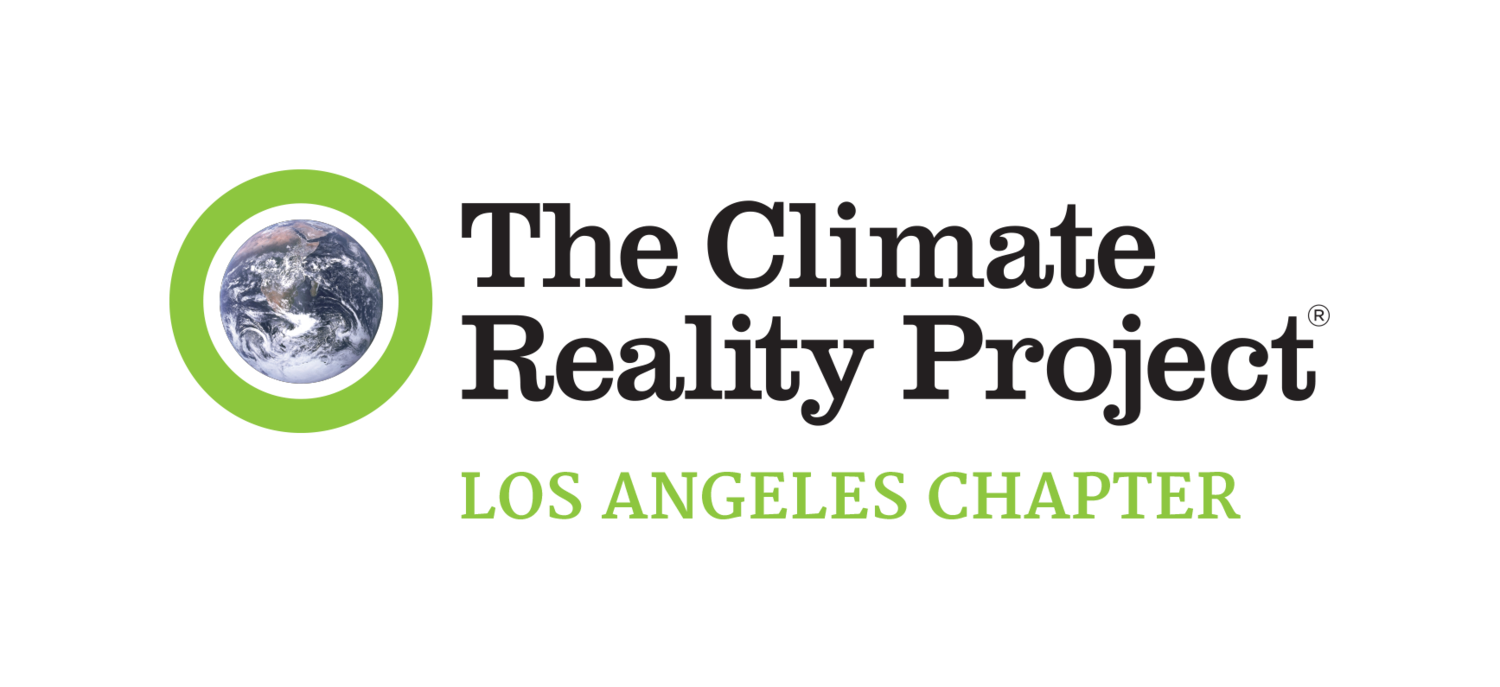Climate Literacy Leads to Action - Norah Cunningham
It is true that students will become more engaged and enthusiastic and develop a broader climate literacy when they deal with local issues; but the omissions of the role of coal, oil, and natural gas in Climate Change seems deliberate and political. The fact that there is no mention of Fossil Fuels and the companies that produce them, the fact that they pay little tax, and are subsidized by various levels of Government, though they make billions in profit each quarter is only the beginning. The violation of Indigenous treaties to access oil, new forms of extracting “dirtier” oil and coal, the legality of oil-financed political organizations that control many of our elected officials, both locally and in the U.S. Congress, and Presidents’ Cabinet, the tremendous amount of carbon emitted by manufacture and sale of huge numbers of military vehicles, infrastructure, and weapons and their use, the destructive effects of oil-based plastic, the prevalence of Fake News about the danger of carbon emissions, political advertising that can buy elections for fossil fuel corporations, and fake advertising of products that produce dangerous emissions INSURE THAT OUR STUDENTS WILL NOT UNDERSTAND THE CAUSES OF CLIMATE CHANGE, NOR WILL entwined with THEY LEARN THAT THE SOLUTION IS TO END CARBON-
EMITTING ENERGY. They will not learn of the many ways energy usage can change for the better, not will they understand the need for the new careers that produce these new forms of energy, and mitigate the effects of decades of carbon emissions. Facts about the fossil fuel industry have been suppressed for at least 50 years, and must not continue.
Limiting climate curricula to mitigating manageable, local, climate injustices and sources of carbon emissions or destruction of carbon sinks seems close to the emphasis on personal action that much curricula explains, is not enough. We live in international communities; civilizations have become more and more intertwined. We all must learn to make positive changes on the individual, local, national, and global levels, but, ”We, as individuals, are not creating the crises and we can’t solve them.” Derrick Jenson explains in A Peoples’ Curriculum for the Earth, Bill Bigelow and Tim Swhinehart, because less than 25% of emissions come from personal
consumption. The vast majority of all energy use is commercial, industrial, corporate, agri-business, and government, and, especially, military. These institutions are unimaginable huge, international, and have immense power in Government. On a local level, we (especially here in the U.S. where there is less repression) can win. We can shut down the 50+ years old, small, obsolete, DWP power plant spewing pollution in Pacoima, with years of effort, lobbying, publicity, and community & local government involvement (though we haven’t yet) , but even if communities all over the world could win these local battles, it would not reduce emissions enough.
At the same time as we deal with our individual energy consumption, plastic use, etc., and solve local problems, through community education and involvement, political campaigns using elections, propositions, petitions, and lobbying, we must also teach our youth to push back against the giants. Spreading knowledge and understanding of the web of business and politics to peers, family, and community, and exposing the dangers, with one hand, and unveiling “green” solutions with the other are the first step. Publicizing the importance of moving quickly is a major concern, since the dangers have been covered up for decades. Through music, art, drama, writing, volunteering with organizations they’re interested in, publicizing new green technology, documenting issues with letters, photography, videos, supporting activism by doing simple, necessary tasks. In the Civil Rights Movement, I made posters, food for fundraisers, and phone calls, posted flyers, wrote letters, organized mailings, and even cleaned kitchens and restrooms! Students don’t have to be in the Spotlight, but they can find a spot where they can help.
